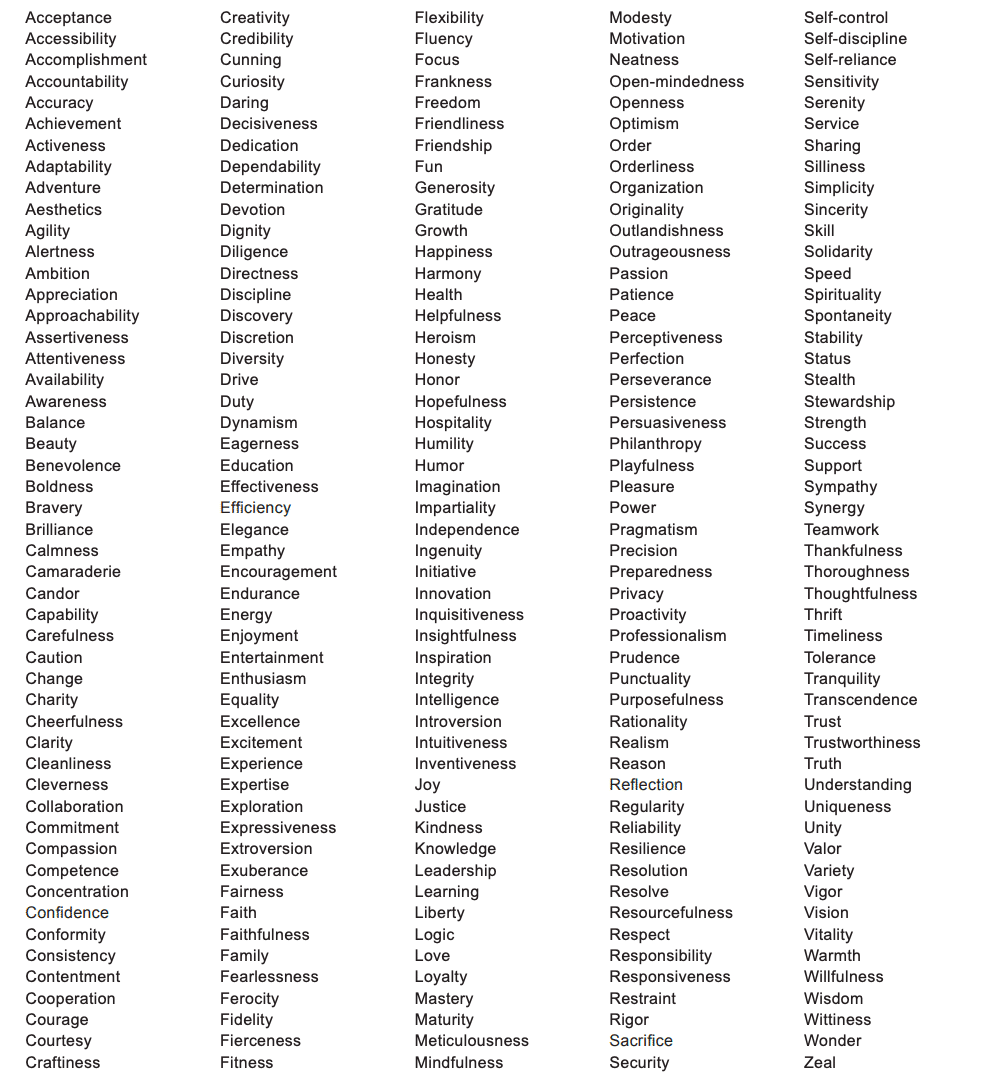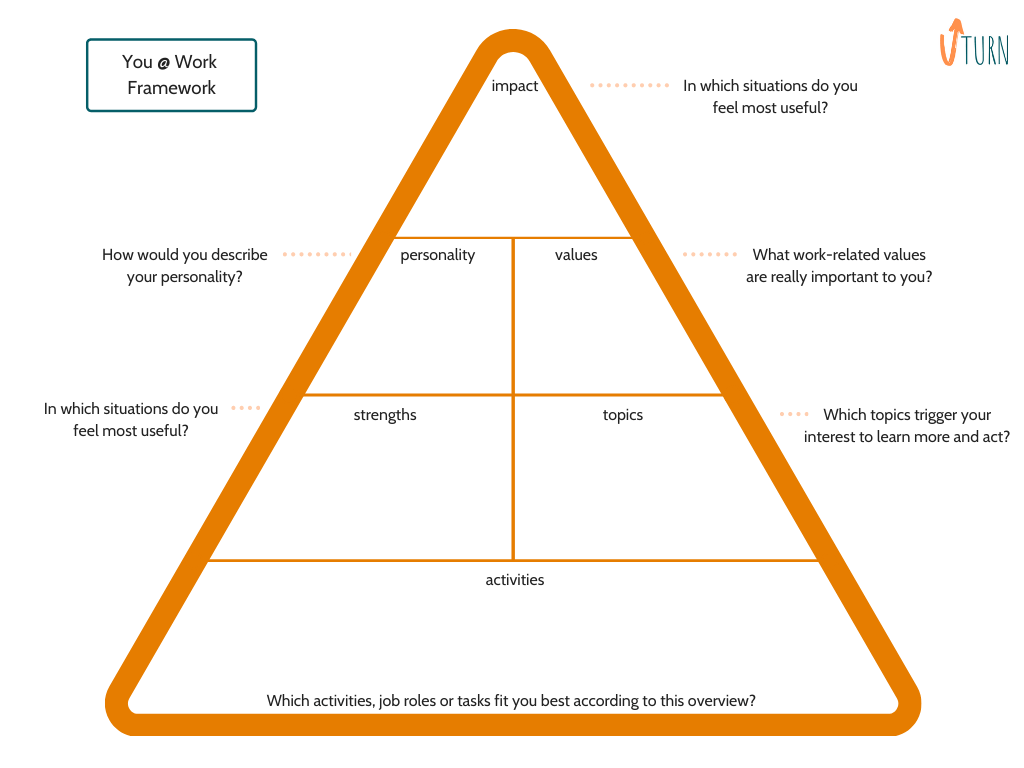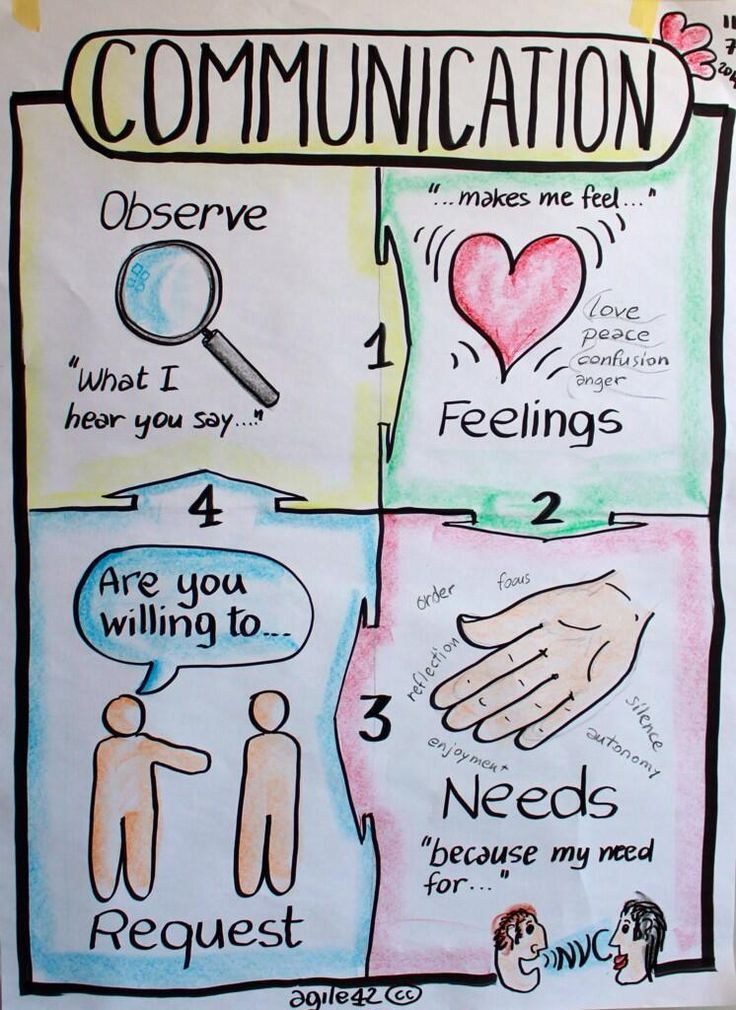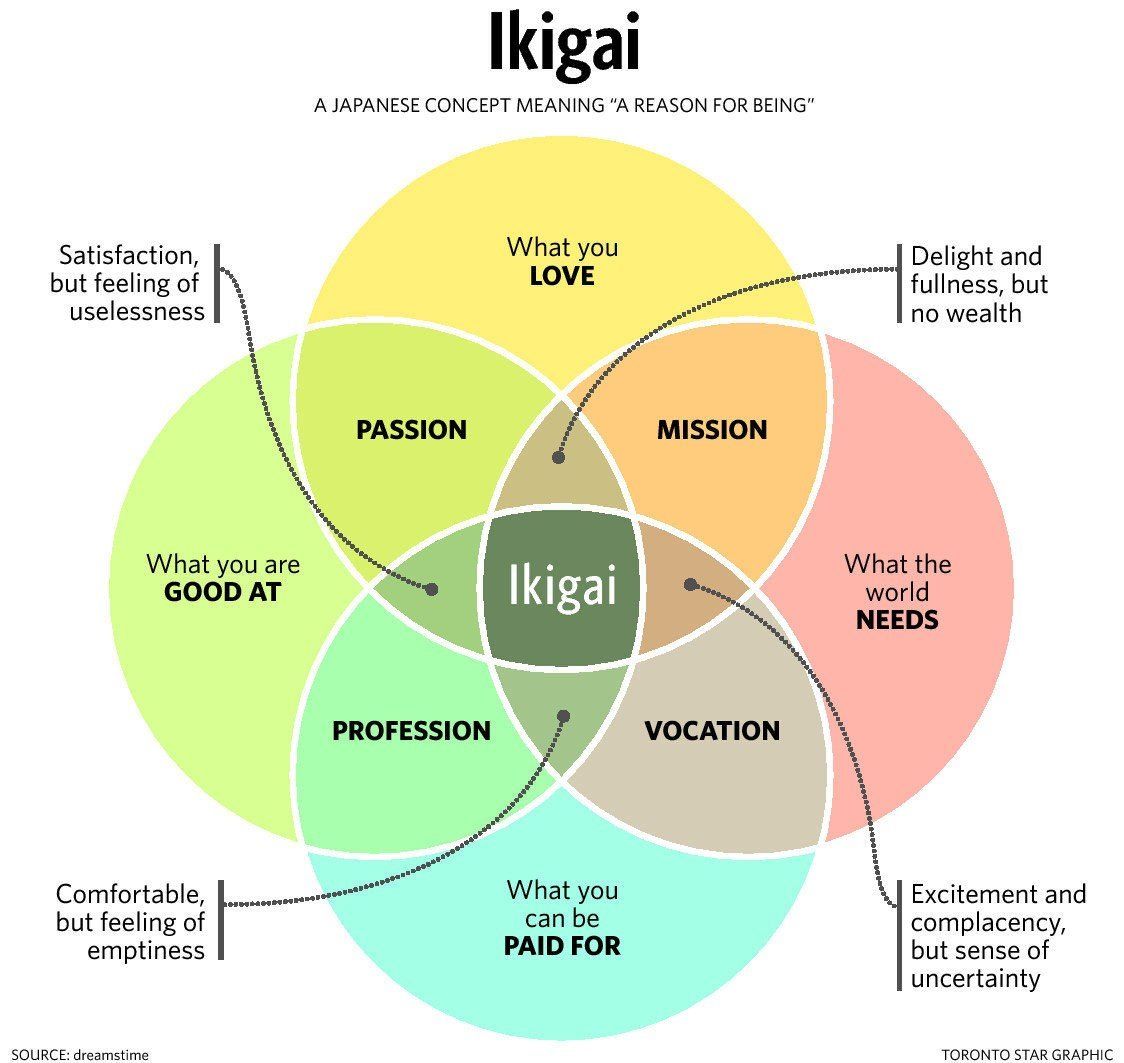1. Make a list of everything that makes you emotional: things that upset or frustrate you, things that make you resist, get angry, or really sad. Write as many things down as possible.
2. Then you try to see what value is triggered. Something inside you that you feel is important. Whatever you described at point 1, it is triggering a value inside you that you find important and that produces the emotion.
For example, you hate it when people come late:
- your value could be precision when you are convinced we all should do things in a right manner.
- or maybe it is punctuality, since it is important to you that things happen in and on time.
- or perhaps it is respect, for you consider it disrespectful to make others wait.
As you can see, one annoyance or frustration can hold different kinds of values. So it's up to you to feel which word resonates most with your emotion.
Here is a list of values you can use as inspiration. Try to come up with a list of 3-5 values, that are linked to the emotions you have described.












